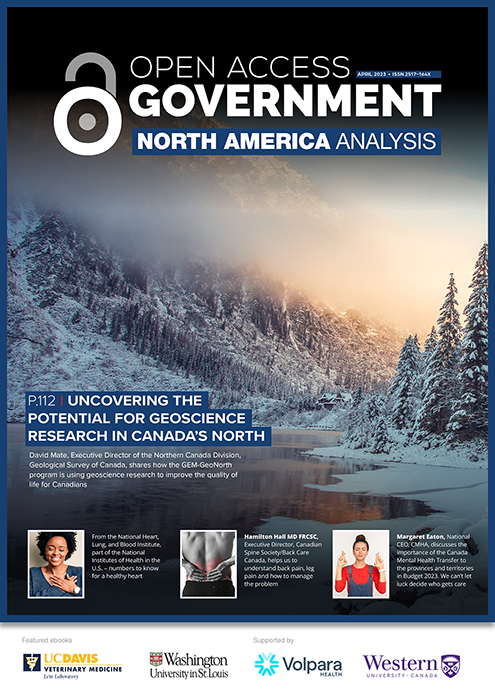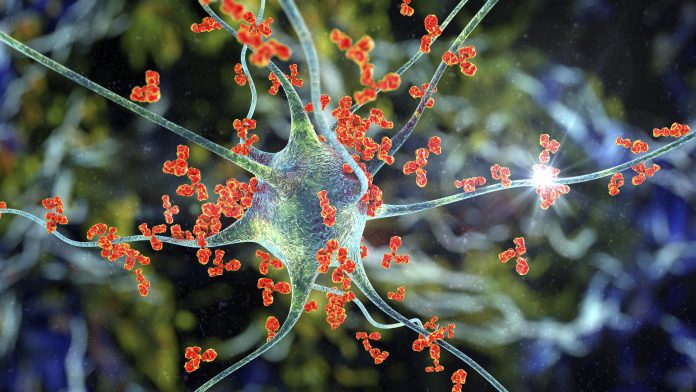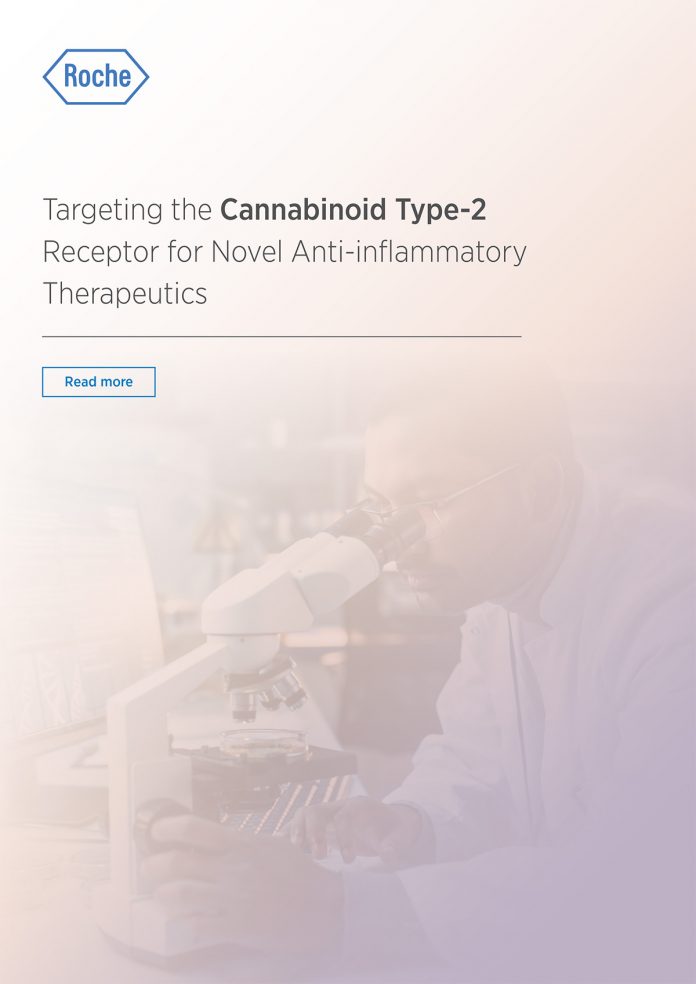Open Access Government produces compelling and informative news, publications, eBooks, and academic research articles for the public and private sector looking at health, diseases & conditions, workplace, research & innovation, digital transformation, government policy, environment, agriculture, energy, transport and more.
Home Search
cancer - search results
If you're not happy with the results, please do another search
The dangers of UK heat: How to keep safe in hot weather?
As the temperatures continue to rise, we all need to be aware of the dangers of our sun and how to keep safe in hot weather, especially looking out for those most vulnerable.
MRI rental VS ownership: What are the benefits?
Matthew Bradfield, Managing Director at Fairford Medical Ltd considers the potential benefits of MRI rental as opposed to ownership.
Monica Racoviță – The Health Policy Partnership
Monica joined The Health Policy Partnership in July 2021 as a Senior Researcher. She is currently involved in the lung cancer screening programme of work
Monica has experience in planning and conducting participatory stakeholder engagement processes for EU-funded projects. Before joining HPP, she worked at PETRAS National Centre of Excellence,...
How public sector investment can address the mental health crisis
Mental health used to be rarely spoken about, but the current mental health crisis has been brewing for years, and the COVID-19 pandemic finally put it in the spotlight.
The UK Government is failing to protect the public from the impacts of gas...
Ben Hudson, Head of Insight and Engagement at Global Action Plan, highlights the health, environmental and economic risks of gas cooking and actionable solutions for the UK.
How brain research is making the benefits of regular exercise accessible to all
Robert Wessells from Wayne State University looks to the brain to understand how the benefits of regular exercise can be delivered to those who are unable to move as easily.
Professor Richard J. Santen MD – University of Virginia Health System
Dr. Richard Santen, a Professor of Medicine in the Division of Endocrinology at the University of Virginia, maintains an active medical practice with recognition nationally as an outstanding clinical Endocrinologist
He has held several academic positions including Chief of the Division of Endocrinology and Vice Chair of Medicine at the...
Reinvigorating the battle for salt reduction: Is it time to tax salt?
Mhairi Brown RNutr, Action on Salt, discusses why Britain needs to eat less salt and why a salt reduction programme is absolutely necessary.
Government funds £2.3 billion into 160 new community diagnostic centres
To reduce pressure on the NHS and improve patient care, the government will fund hundreds of new community diagnostic centres in local areas.
Exploring the science behind gene therapy in treating genetic diseases
Professor Alan Boyd explains the science behind gene therapy, the challenges in treating genetic diseases, and current trends in the sector.
North America Analysis April 2023
We warmly invite you to delve into the April volume of North America Analysis, where we enjoy a multitude of insights from experts in the field from the region.
Everything you need to know about the ERC Synergy Grant
Find out here what makes the €10 million ERC Synergy Grant unique and valuable for academics seeking to push the boundaries of their fields.
AI in ICU: Aiding clinicians make complex decisions
Researchers from Carnegie Mellon University's Human-Computer Interaction Institute (HCII) have studied how AI in ICU will assist clinicians.
Neuromyelitis optica (NMO) – on the path to a cure
Dr. Ludivine Herman, Project Leader at immunotherapy specialist Imcyse, walks us through Neuoromyelitis optica facts & trends, the challenges of current therapies and the potential of immunotherapies.
Impact of maternal and early-life high-fat diets on children and adults
How does eating a high-fat diet during pregnancy or in early life affect your health? Researchers tested on rat offspring to study how diet impacts future preferences.
The relationship between alcohol consumption and chronic pain
New research reveals how both alcohol consumption and withdrawal have the potential to result in hypersensitivity and increased chronic pain.
Biomedical research and innovation, including autism
Open Access Government provides a short introduction to biomedical research and innovation in the UK, including autism.
Care policy in Europe under the spotlight
Open Access Government places care policy in Europe under the spotlight, including support for caregivers and those with rare diseases or cancer.
Supporting talent at the National Research Foundation of Korea (NRF)
Open Access Government unpacks some of the research support that takes place in the National Research Foundation of Korea.
Targeting the Cannabinoid Type-2 Receptor for Novel Anto-inflammatory Therapeutics
Type-2 cannabinoid receptor (CB2R) is a G-protein-coupled receptor (GPCR) and an essential element of the endocannabinoid system (ECS) [1].





















